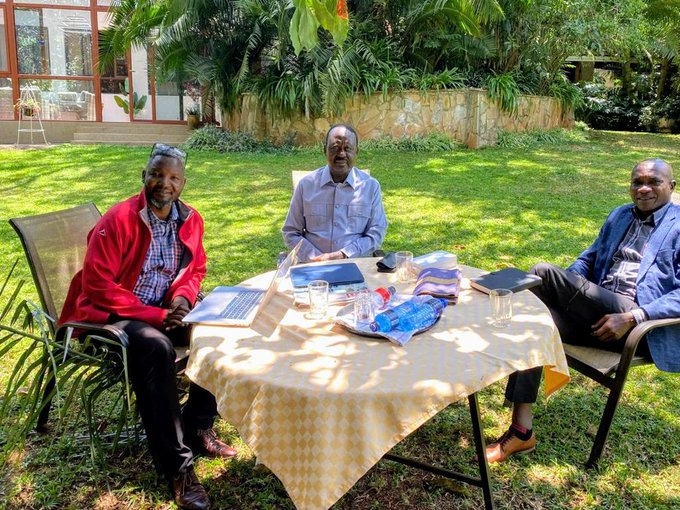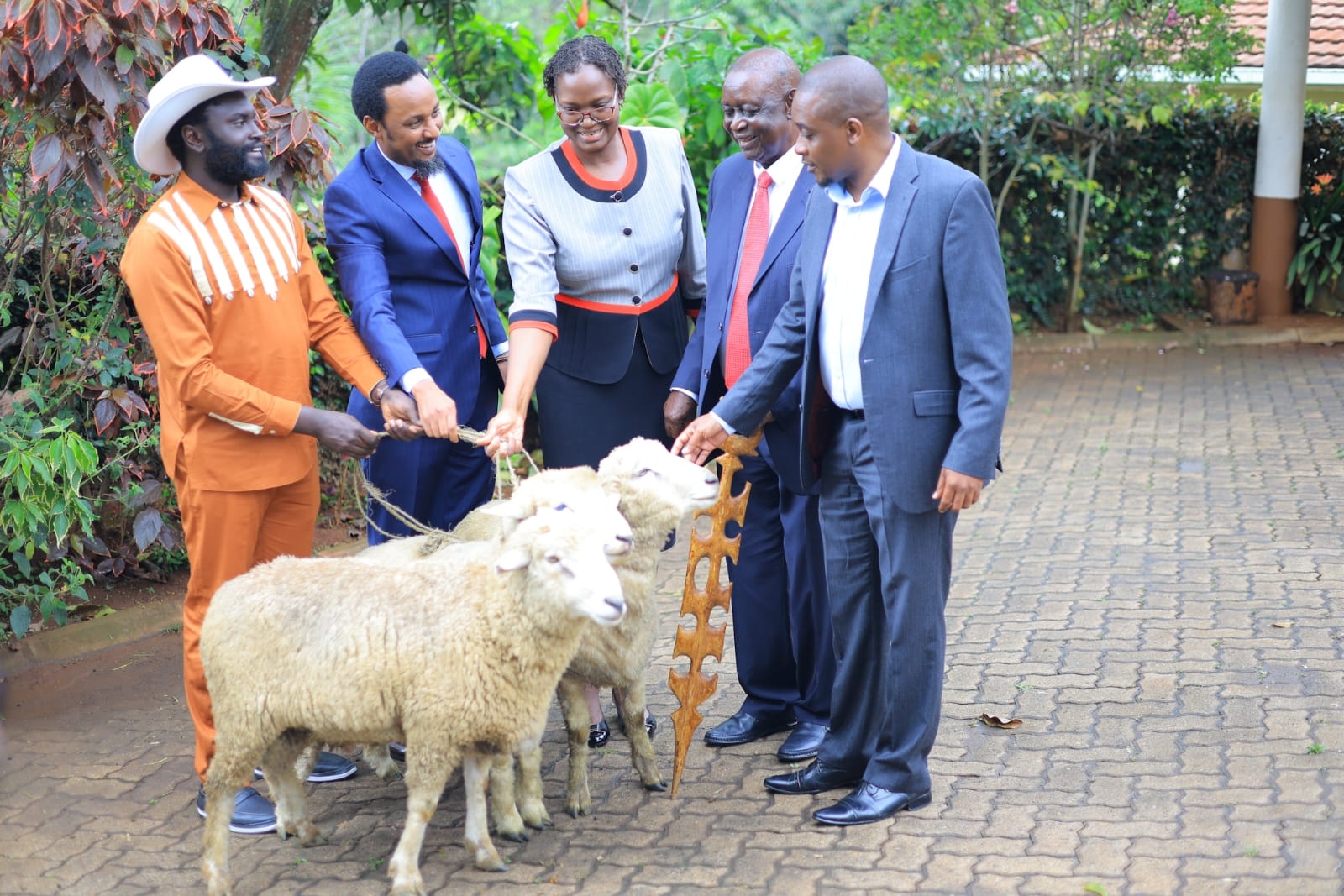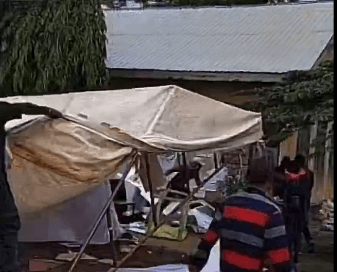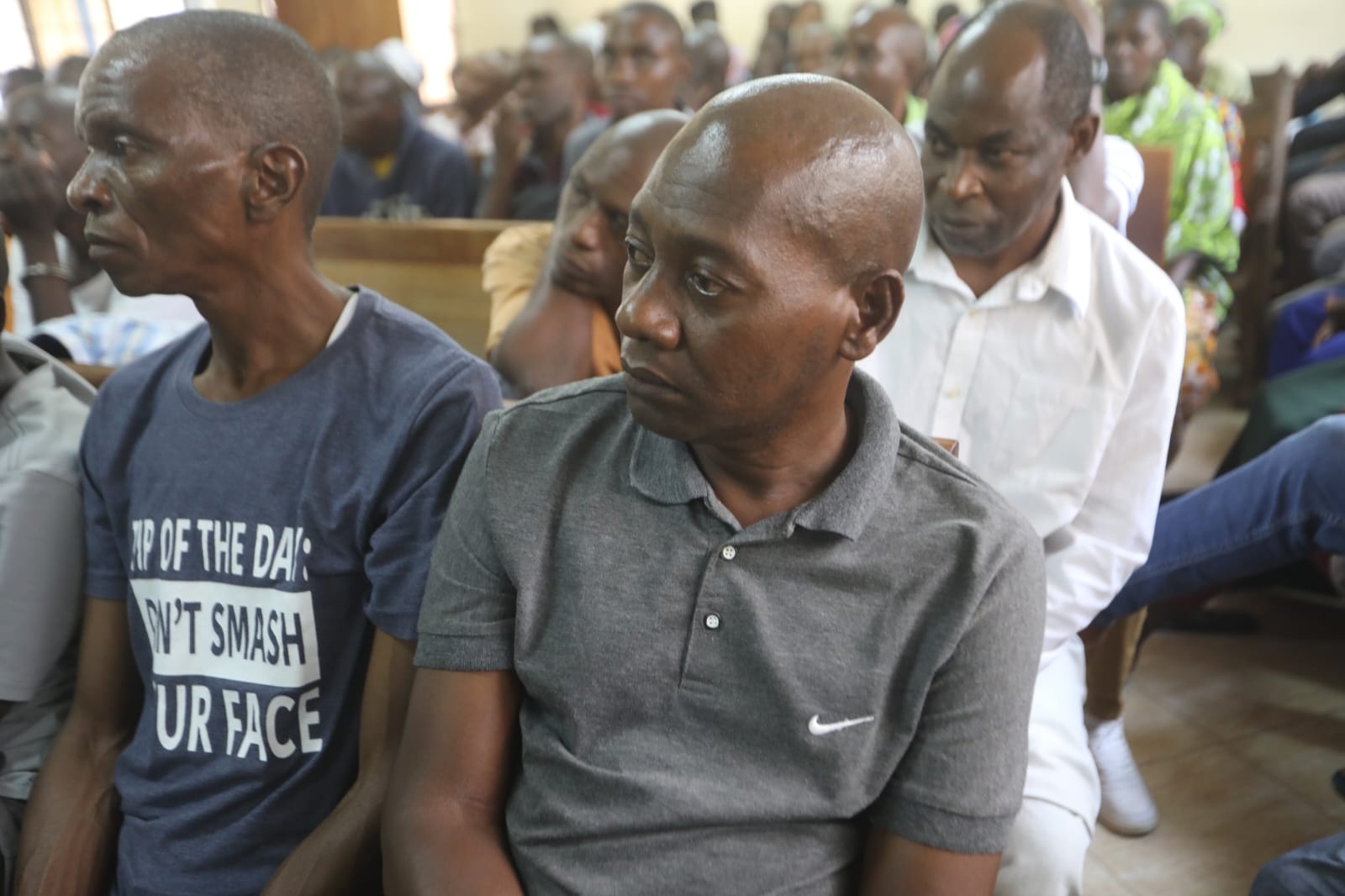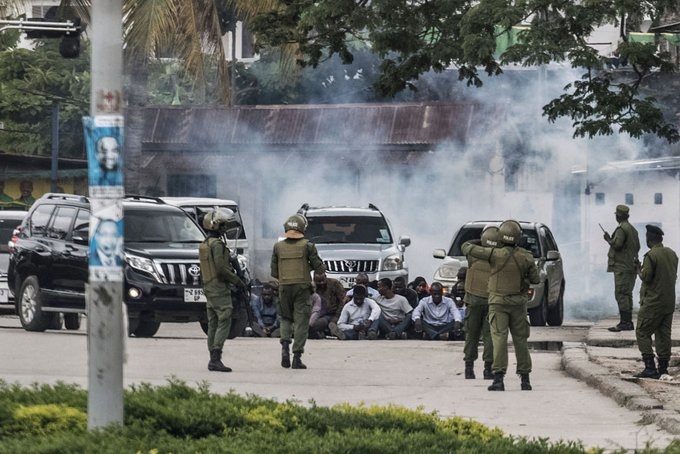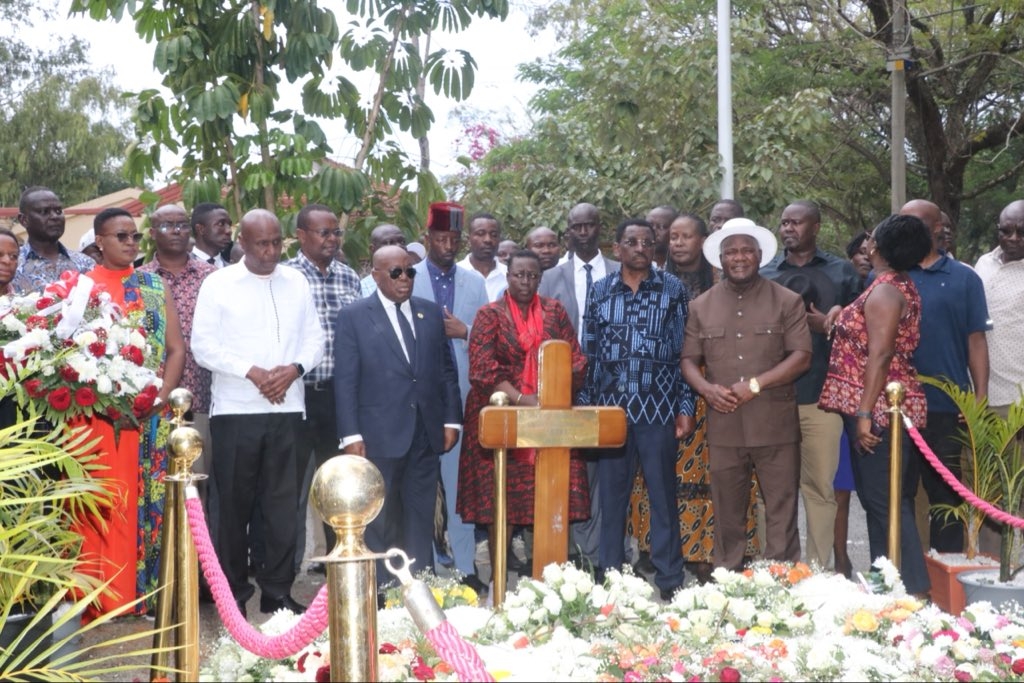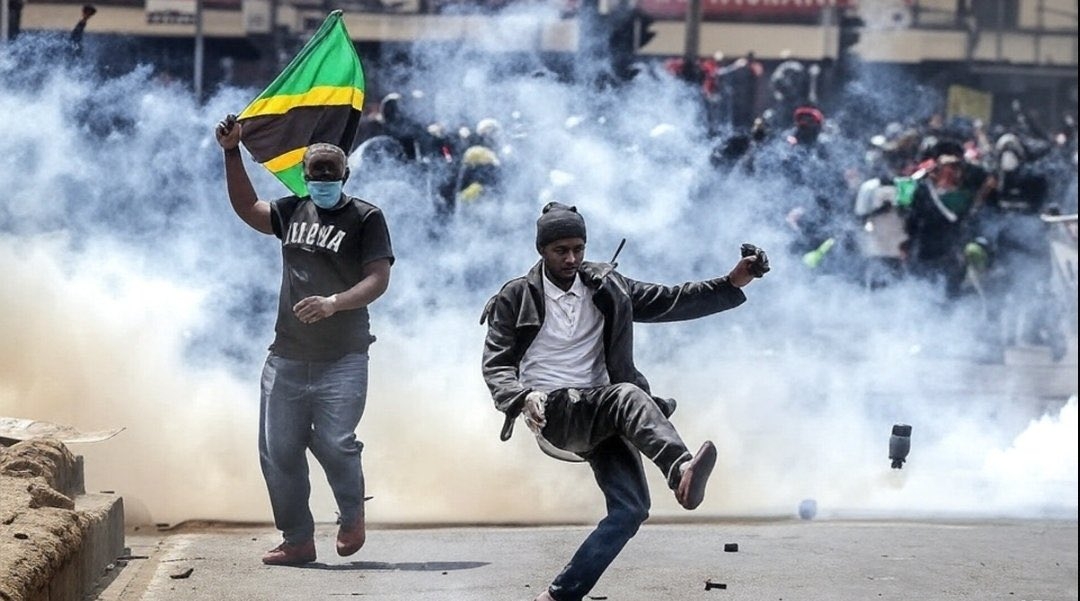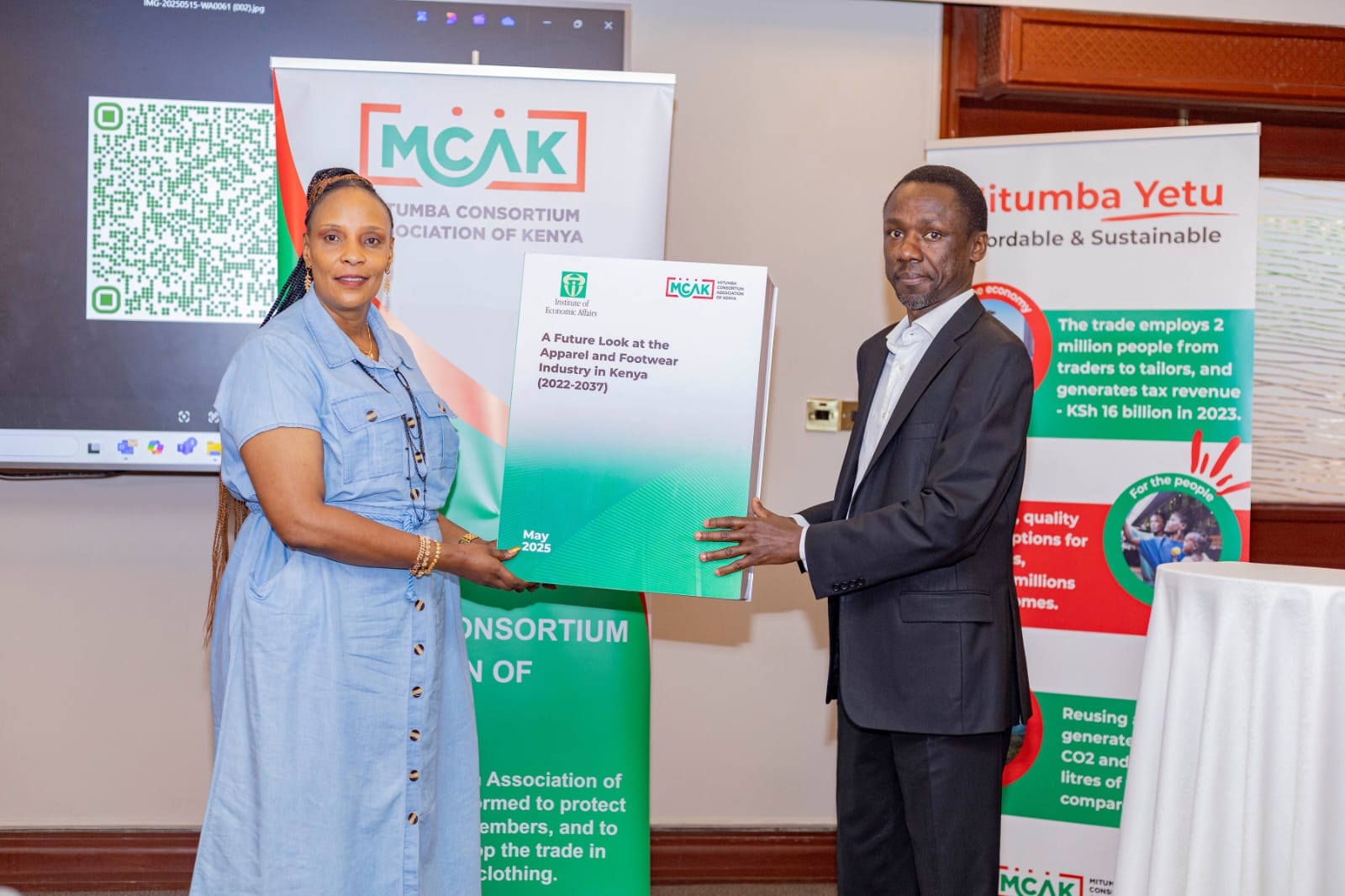
A powerful coalition of global second-hand clothing industry
leaders, policymakers, and academic experts has called for greater
transparency, accountability, and inclusivity in the United Nations Environment
Programme’s (UNEP) ongoing Circularity and Used Textile Trade Project.
In an open letter addressed to UNEP Executive Director Inger
Andersen, the coalition urged UNEP to suspend its draft textile circularity
guidelines until its underlying research is independently verified.
The coalition was led by the Ghana Used Clothing Dealers
Association (GUCDA) and joined by major trade bodies including the Mitumba
Consortium Association of Kenya, Recycling Europe, and the Secondary Materials
and Recycled Textiles Association (SMART).
The UNEP project, funded by the European Commission, seeks
to develop global guidelines to distinguish between used clothing fit for trade
and textile waste.
These guidelines are expected to be tabled at the UN
Environment Assembly (UNEA-7) scheduled for December 8–12, 2025, in Nairobi.
However, the coalition warns that methodological flaws,
limited consultations, and unverified data risk undermining the project’s
legitimacy and potentially threatening millions of livelihoods across the
Global South.
According to the signatories, representing stakeholders from
the US, EU, Ghana, Kenya, Pakistan, the UK, and the Nordic countries, the
consultation process has been deeply flawed.
They allege short feedback timelines, restricted access to
draft materials, and the use of unverified or biased data.
The letter also raises concerns over UNEP’s partnership with
NGOs allegedly funded by fast-fashion companies, suggesting possible conflicts
of interest.
“The Circularity and Used Textiles Trade Project could
reshape national trade policies that affect the livelihoods of millions of
people worldwide,” said Jeffren Boakye Abrokwah, spokesperson for the GUCDA.
“In Ghana, UNEP’s research partner is an NGO financially
supported by ultra-fast fashion interests. Many of the dialogues were dominated
by individuals affiliated with that NGO, raising serious questions about
neutrality.”
The coalition has proposed three immediate actions for UNEP
including suspension publication of the draft guidelines until all research
data has been independently verified.
They also want release of all research methodologies, data,
and definitions from focus countries to allow public review and engaging of
independent and local experts to ensure the process is evidence-based and
representative.
Alan Wheeler, CEO of the UK’s Textile Recycling Association,
warned that UNEP’s credibility was at stake:
“Adopting unverified findings undermines UNEP’s commitment
to impartiality and public trust. It must commission independent research and
correct its course.”
Teresiah Wairimu Njenga, Chair of the Mitumba Consortium
Association of Kenya, echoed the sentiment, saying:
“Unless UNEP disengages from activist organisations
influenced by fast fashion interests, this project risks devastating
communities that depend on second-hand clothing.”
Kenya’s mitumba sector, which employs and supports more than
two million people directly and indirectly, is one of the country’s largest
informal industries.
Industry leaders fear that poorly informed global guidelines
could stigmatize or restrict the trade, crippling small businesses that rely on
used clothing imports for survival.
The coalition emphasized that UNEP’s role as a neutral
global environmental authority obliges it to ensure accuracy, fairness, and
inclusivity in policymaking.
“Transparency and objectivity are essential if UNEP’s work
is to contribute to both sustainability and equitable economic development,”
the letter reads.
As UNEP prepares for UNEA-7 in Nairobi, the pressure is
mounting to address these concerns before the global assembly convenes.
The meeting will bring together world leaders, environmental
experts, and civil society to set environmental priorities, including textile
waste management and circular economy policies.
The coalition’s open letter marks a significant moment in
the ongoing debate over the future of global textile trade, balancing
sustainability goals with the livelihoods of millions who depend on the reuse
economy.


